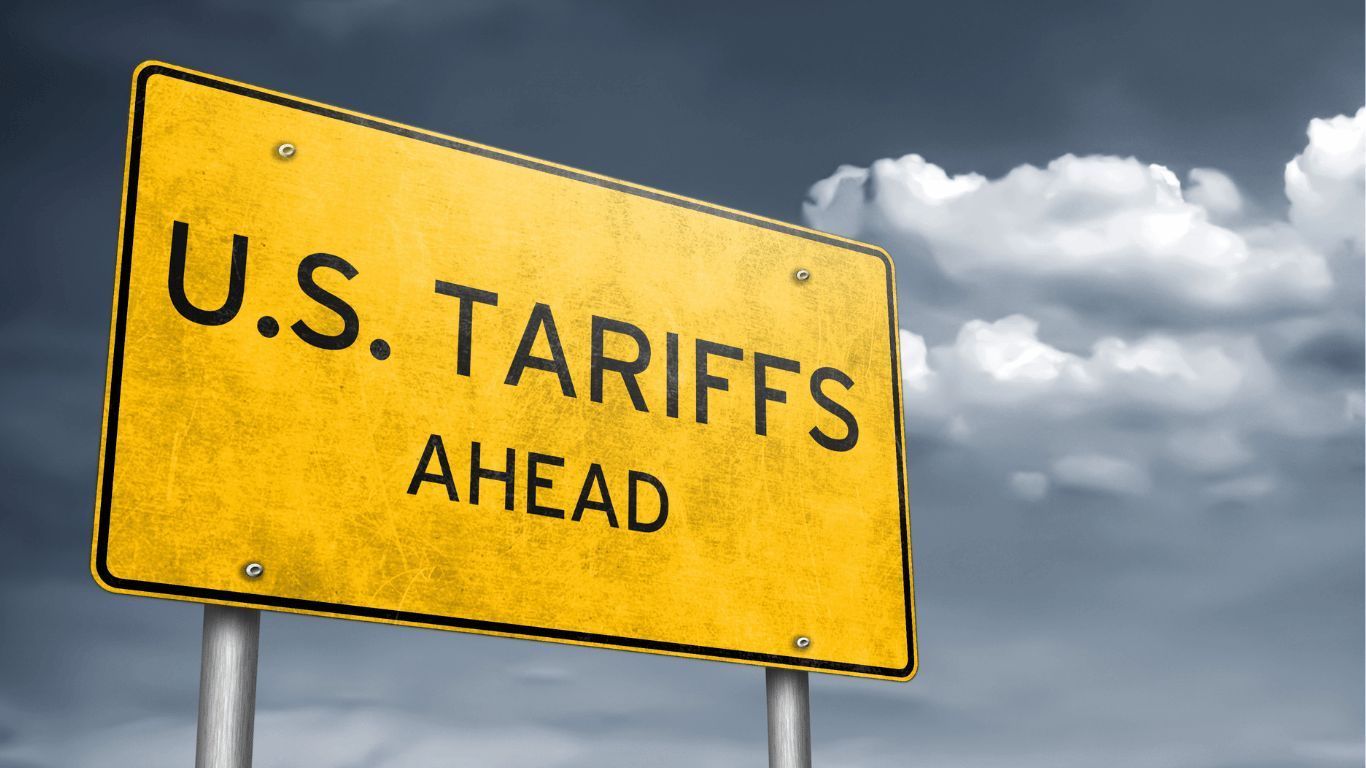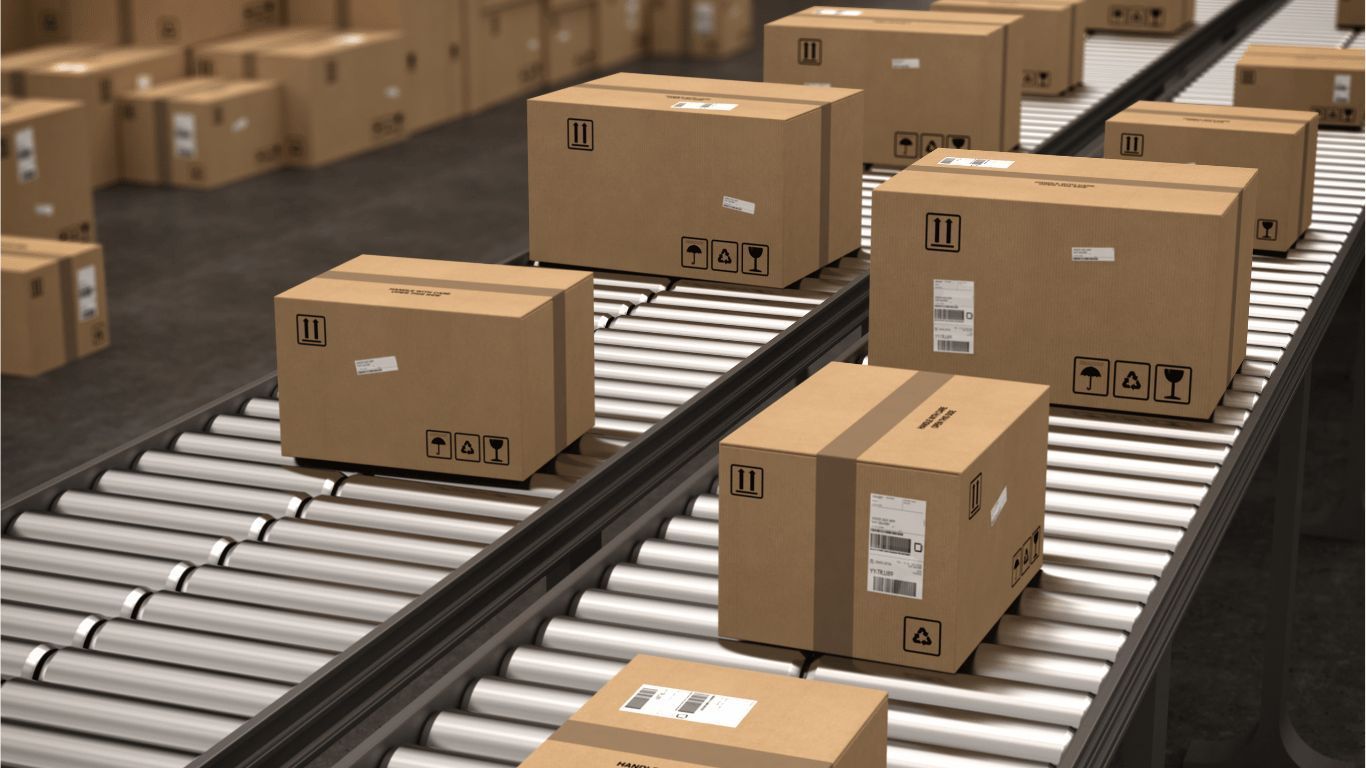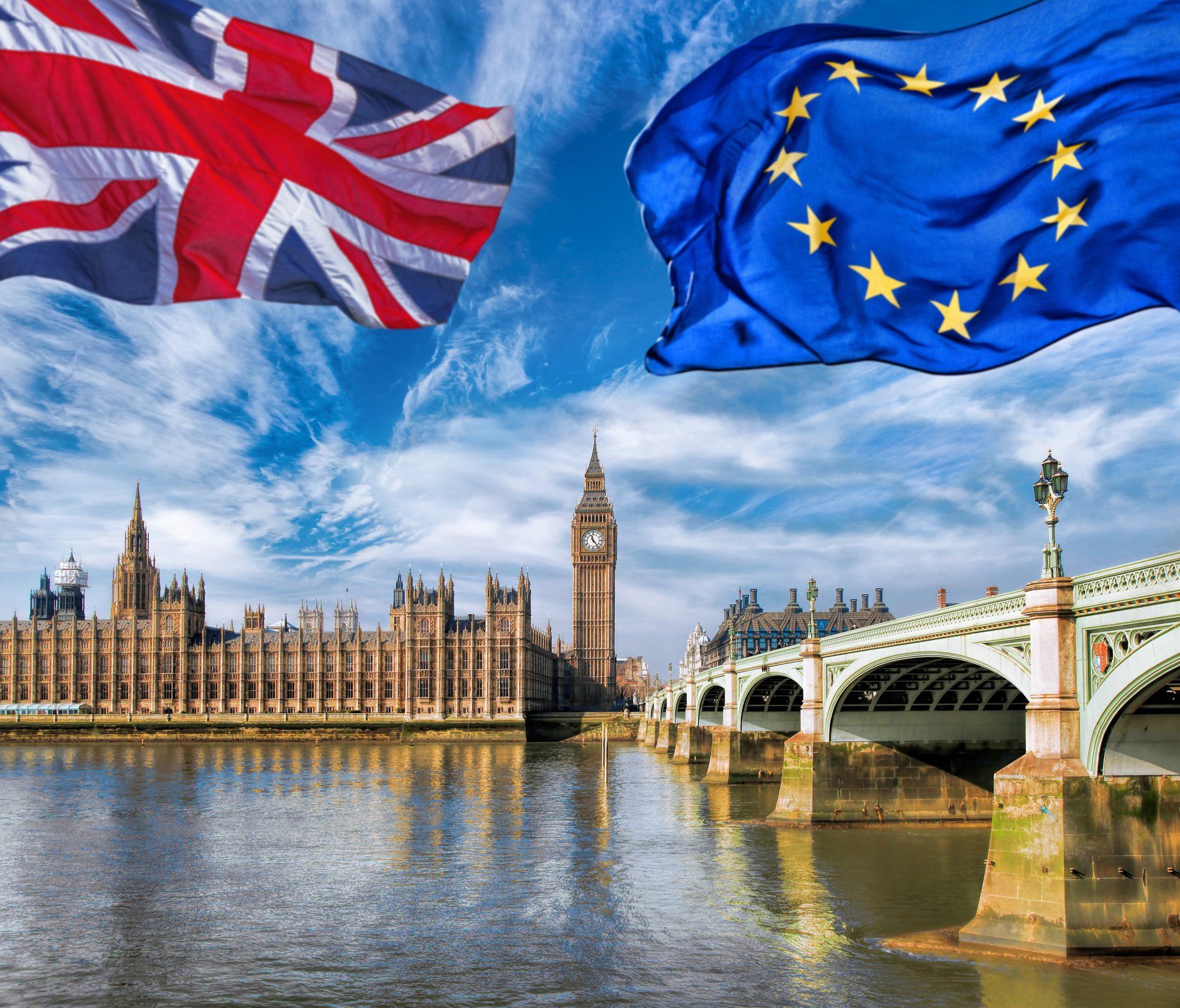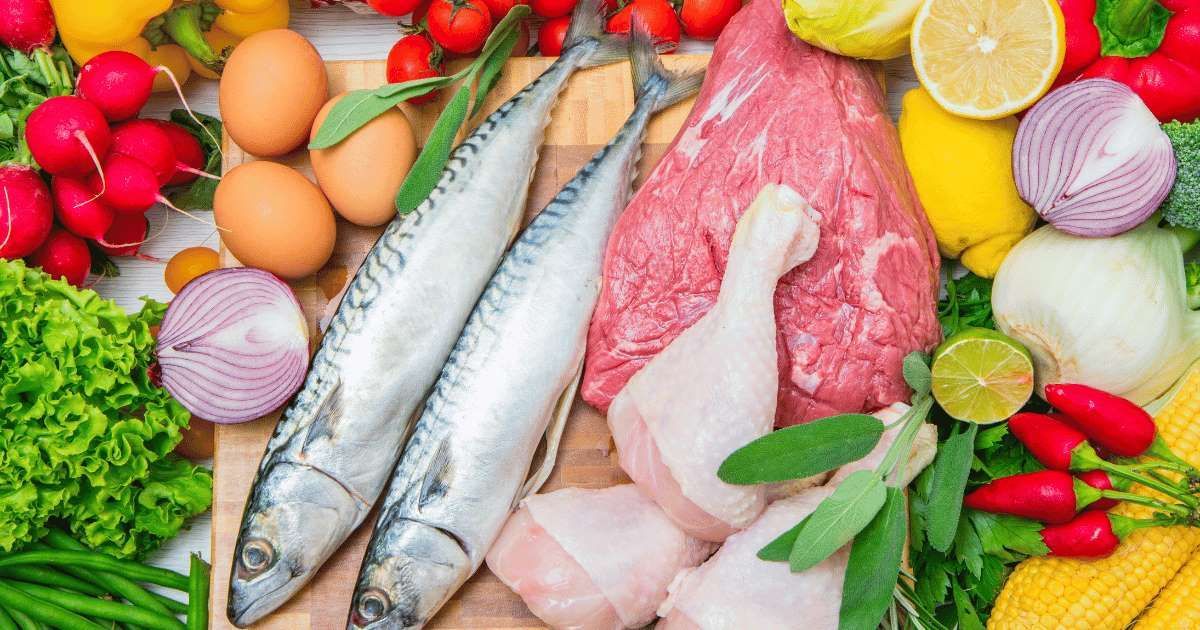Is the UK–US Trade Deal Valid?
Are US Tariffs Against the UK now Illegal?

Many of Donald Trump's tariffs, according to a federal appeals court, are an abuse of his presidential emergency powers.
The US Court of Appeals ruled on Friday 29th August that the so-called reciprocal tariffs, which are levied against almost all nations (including the UK) are unlawful. The verdict supports a Court of International Trade decision in May 2025 that similarly dismissed Trump's claim that the International Emergency Economic Powers Act (IEEPA) of 1977 permitted his global tariffs. After a national emergency is declared, the President has broad authority to regulate a range of economic activities under the International Emergency Economic Powers Act (IEEPA).
The US President stated, "If allowed to stand, this decision would literally destroy the United States of America."
The court laid the stage for a subsequent legal battle in the US Supreme Court by ruling that the tariffs would remain in effect until mid-October 2025 rather than stopping them.
More Uncertainty for British Businesses
Whether the United States will now be required to reimburse billions of dollars collected through extra import duties on goods from the UK and other nations paid in recent months will be a topic of discussion. By deciding that the additional 10% tariffs would not be stopped but would instead remain in place until mid-October 2025, the court has provided more uncertainty for British Businesses.
As from 5 April 2025, most goods imported from the UK were subject to an additional ad valorem rate of duty of 10 percent on top of existing US duties, fees and taxes on imports from the UK. This rate of duty applies to UK imported goods entered for US consumption or withdrawn from US bonded warehouses for US consumption.
If the tariffs are ruled illegal, it could also throw into question the Economic Prosperity Deal (EPD) between the US and UK, which was secured with the US ahead of this US Court of Appeals ruling.
What is the Economic Prosperity Deal (EPD)?
On May 8, 2025, the US and the UK signed the Economic Prosperity Deal (EPD), a set of general parameters to lower or eliminate tariffs on important exports like steel, aluminium, and cars. It is not a complete Free Trade Agreement (FTA). Although the agreement is not legally binding and leaves precise policies and deadlines to future negotiations, it aims to decrease costs for UK exporters in exchange for UK tariff reductions on US beef and ethanol. Although the UK's digital services tax is still a source of dispute, the EPD also contains pledges to negotiate further mutual recognition agreements and work on a digital trade deal.
What does the Economic Prosperity Deal (EPD) cover?
A non-binding framework for future trade talks, the US-UK EPD covers topics like preferential treatment for U.K. pharmaceuticals and aerospace parts, subject to certain supply chain security standards. Expanded market access for specific U.S. agricultural exports (beef, ethanol) are included. Additionally, it provides the foundation for cooperation in sophisticated technological sectors and attempts to address national security issues pertaining to vital industries like steel, aluminium, and cars.
Rules of Origin
The United States and the United Kingdom plan to implement origin regulations that optimise bilateral trade and stop non-participants from abusing the bilateral agreement to avoid tariffs. The "economic nationality" of goods is determined by their rules of origin. This refers to their place of manufacture or production rather than their shipping location.
Cars
According to the Economic Prosperity Deal (EPD), the United States will establish a quota of 100,000 cars per year as per the general conditions in May 2025, and tariffs on UK car exports and car parts have been lowered from 27.5% to 10% as of the end of June 2025. The quota of 100,000 cars from the United Kingdom nearly matches the total number of cars the country sent to the United States in 2024, according to a news release from the U.K. government.
US Beef
The UK has agreed to establish a preferential duty-free quota of 13,000 metric tonnes (mt) of US beef every calendar year. In addition, the UK will eliminate the 20% duty on US beef imported under the current World Trade Organisation quota of 1,000 mt annually shared by the US and Canada.
Steel and Aluminium
For UK steel and aluminium, as well as some derivative steel and aluminium products, the US will set up a quota at Most Favoured Nation rates. The UK will endeavour to comply with US regulations regarding the safety of steel and aluminium product supply chains. A "quota at Most Favoured Nation (MFN) rates" refers to a limited quantity of goods that can be imported at a reduced tariff, with that reduced duty rate applied.
Ethanol
Ethanol imports from the US into the UK will no longer be subject to tariffs. The manufacturing industry in the United Kingdom makes extensive use of ethanol. The Economic Prosperity Deal (EPD) granted duty-free access for up to 1.4 billion litres of US ethanol annually, a substantial quantity for the whole UK market.
Pharmaceutical Products
Both nations are still committed to obtaining notably better results for pharmaceutical exports from the UK to the US that might be the target of section 232 enquiries or other tariff actions. If the amount or conditions of US imports are thought to pose a threat to national security, the president of the United States may modify the importation of products or materials from foreign nations under Section 232 of the Trade Expansion Act of 1962. In some situations, the president of the United States may apply tariffs through executive action, circumventing Congress, according to Section 232 of the Act.
Section 232 of the Trade Expansion Act of 1962
If the Department of Commerce determines that imports represent a threat to national security, the President of the United States may impose tariffs on those imports under Section 232 of the Trade Expansion Act of 1962.The president may subsequently apply duties, quotas, or other measures to "adjust" imports and protect the country after the Bureau of Industry and Security (BIS) completes the investigations. The clause has been used to cover goods like electronics, steel, and aluminium.
Free trade agreements: what are they?
A formal agreement that reduces or eliminates trade restrictions, including tariffs, quotas, and regulations, between two or more nations is known as a Free Trade Agreement (FTA). Bilateral agreements between two countries, multilateral agreements involving numerous countries, and unilateral agreements for the advantage of one country are common forms of Free Trade Agreements (FTAs).
The World Trade Organisation adopts the widely accepted concept of a free trade agreement as an international agreement to lower or do away with tariffs, quotas, and other trade obstacles between member nations rather than offering a formal, clear definition. FTAs facilitate trade and investment, giving consumers access to a wider range of reasonably priced goods and facilitating import and export for enterprises.
United Kingdom
The UK has signed 40 trade agreements with 74 countries and territories plus the EU. These agreements are in force for 72 partners. These agreements were mostly "rollover" agreements that replaced EU agreements, but there are also more recent customs agreements like those with Australia, New Zealand, and the Comprehensive and Progressive Agreement for Trans-Pacific Partnership (CPTPP).
The UK does not have a Free Trade Agreement in force with the USA.
United States
According to the Office of the United States Trade Representative, there are currently 14 free trade agreements between the US and 20 other nations. As a result, U.S. businesses can export goods and services to trading partner markets more easily and affordably.
ICS Global Services Limited provide businesses with advice on international trade, customs compliance and import / export matters. If you would like to receive more detailed advice, please contact us by sending an e-mail to info@icsglobalservices.co.uk




